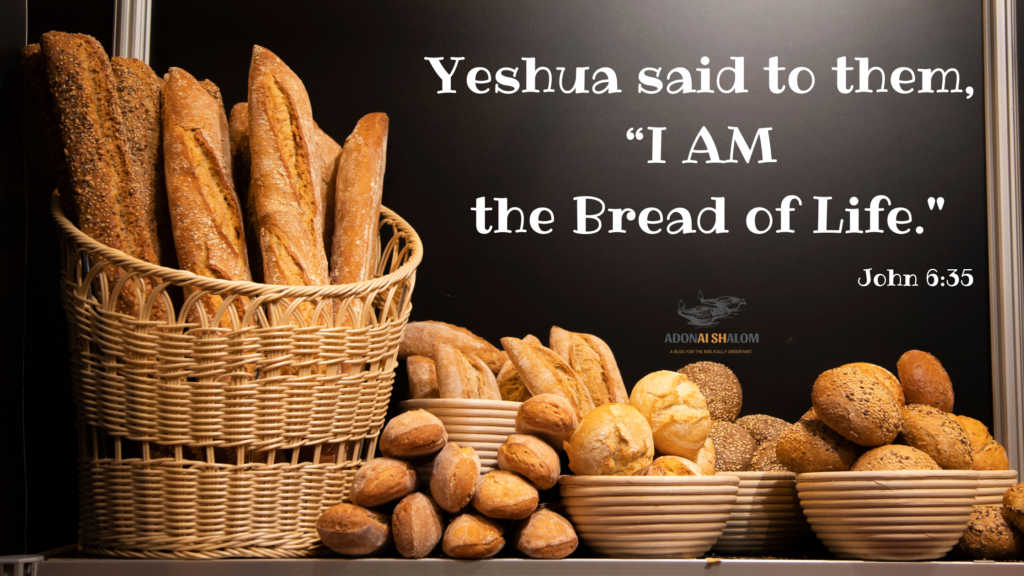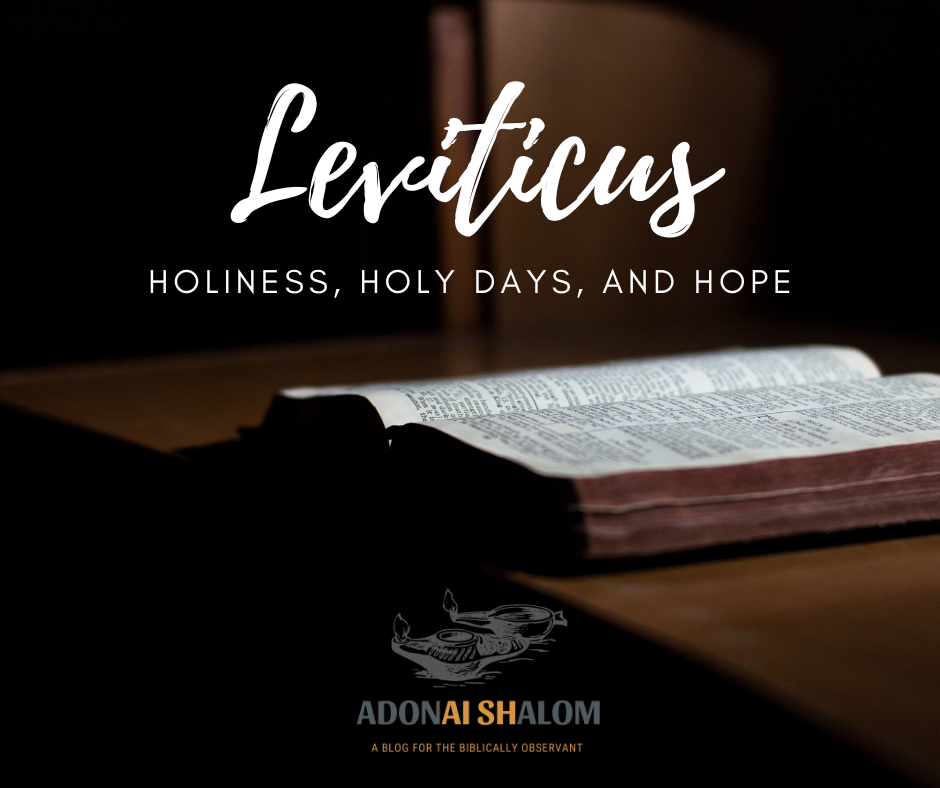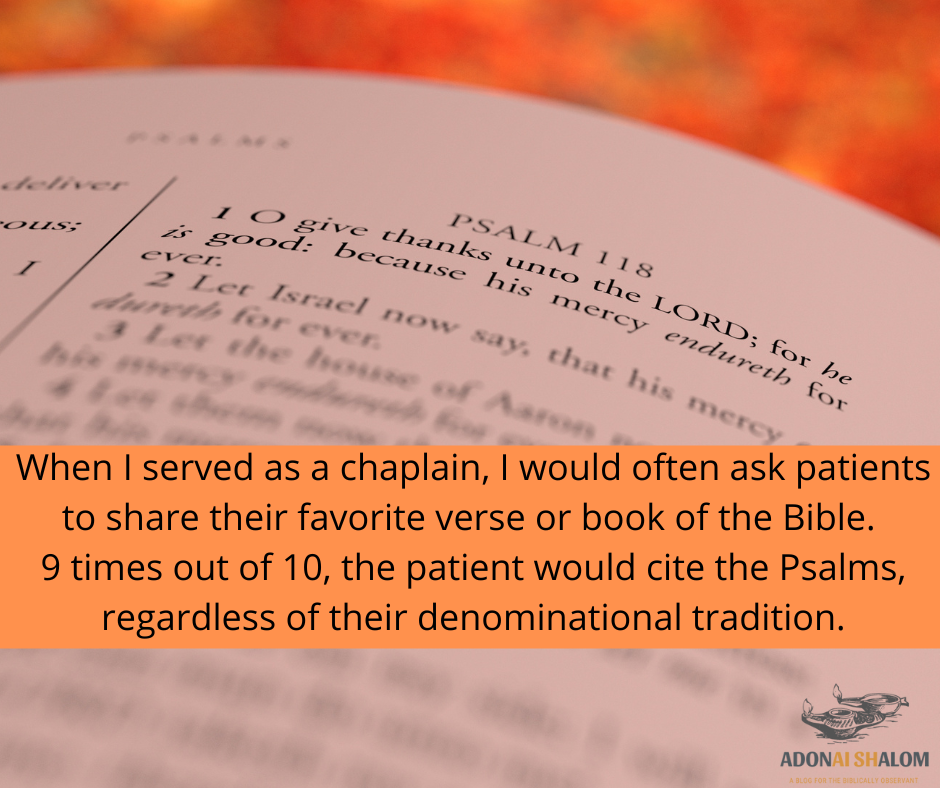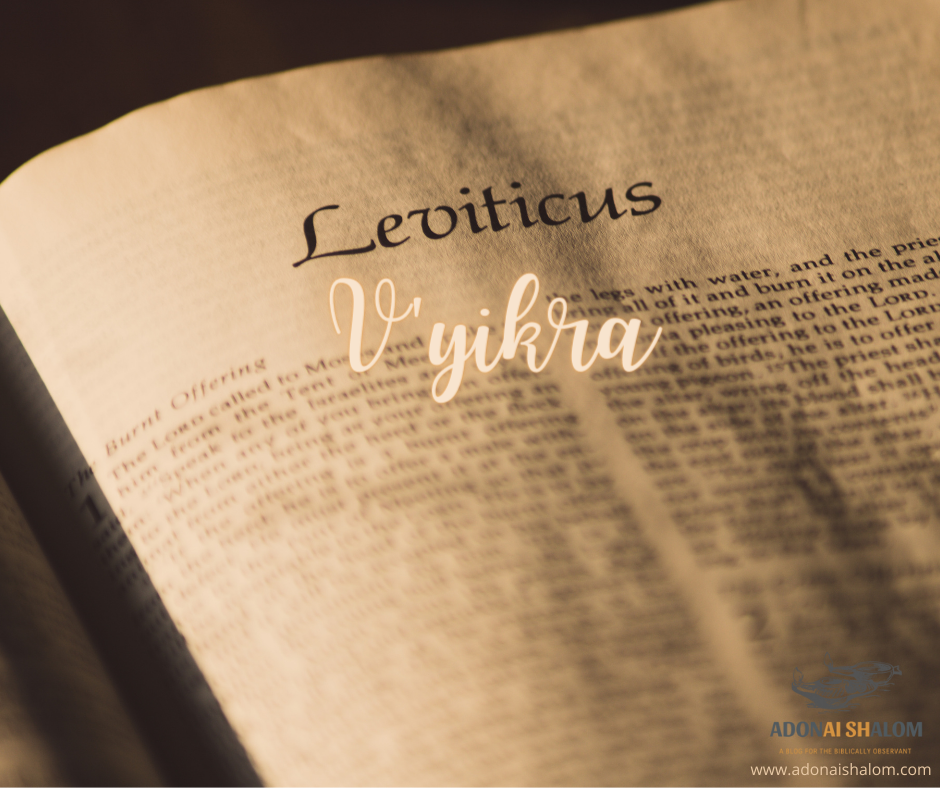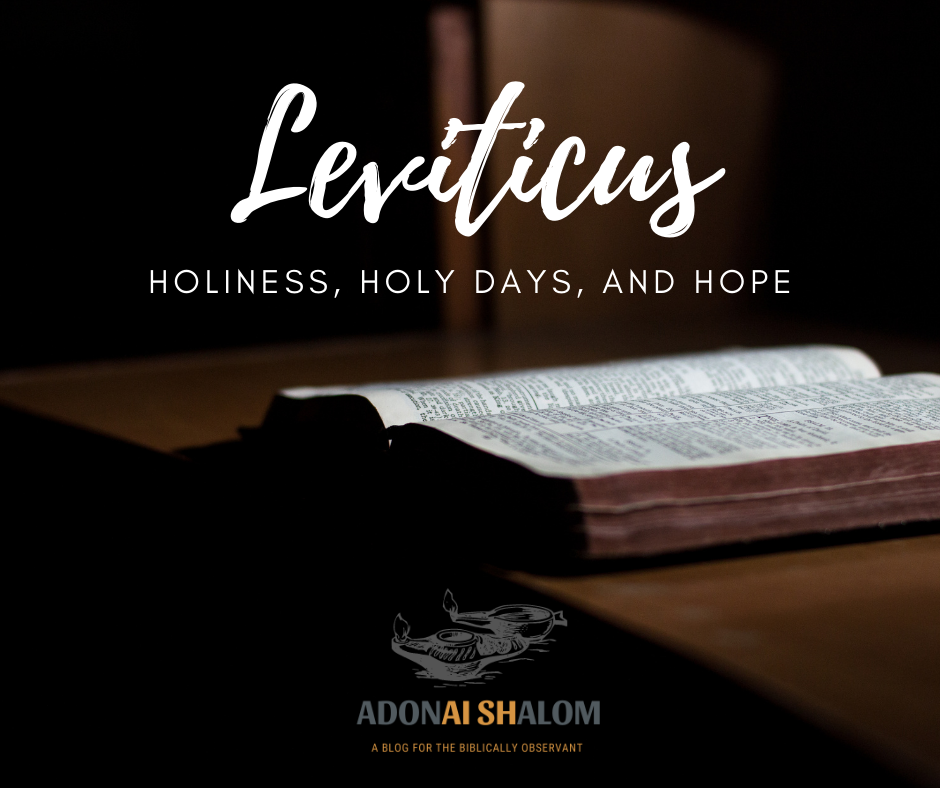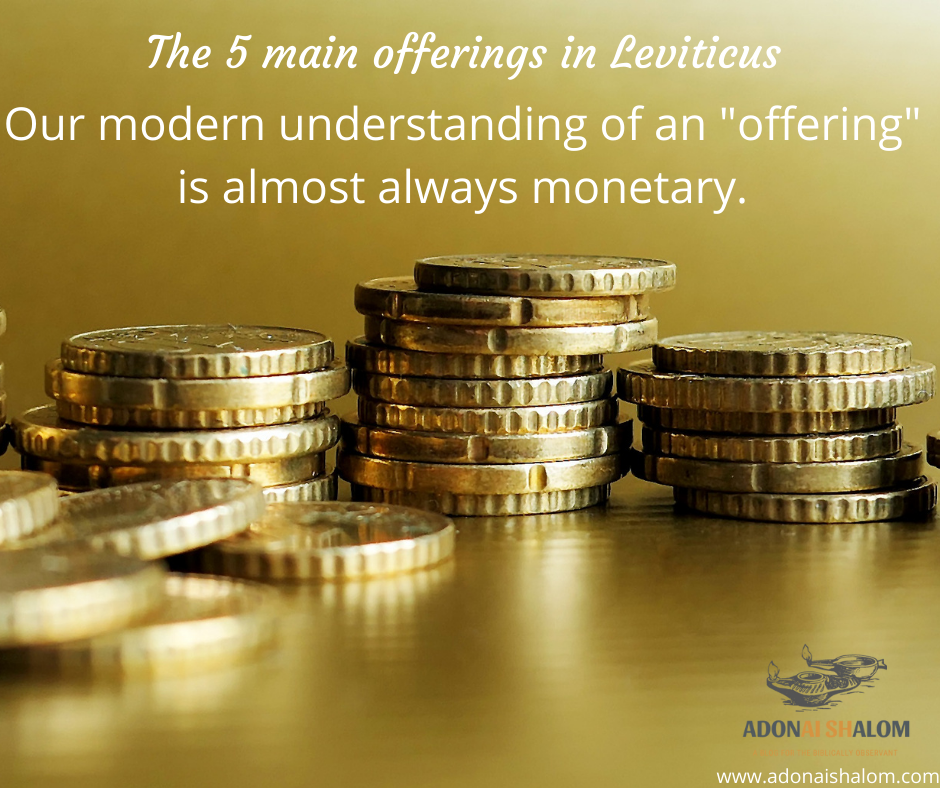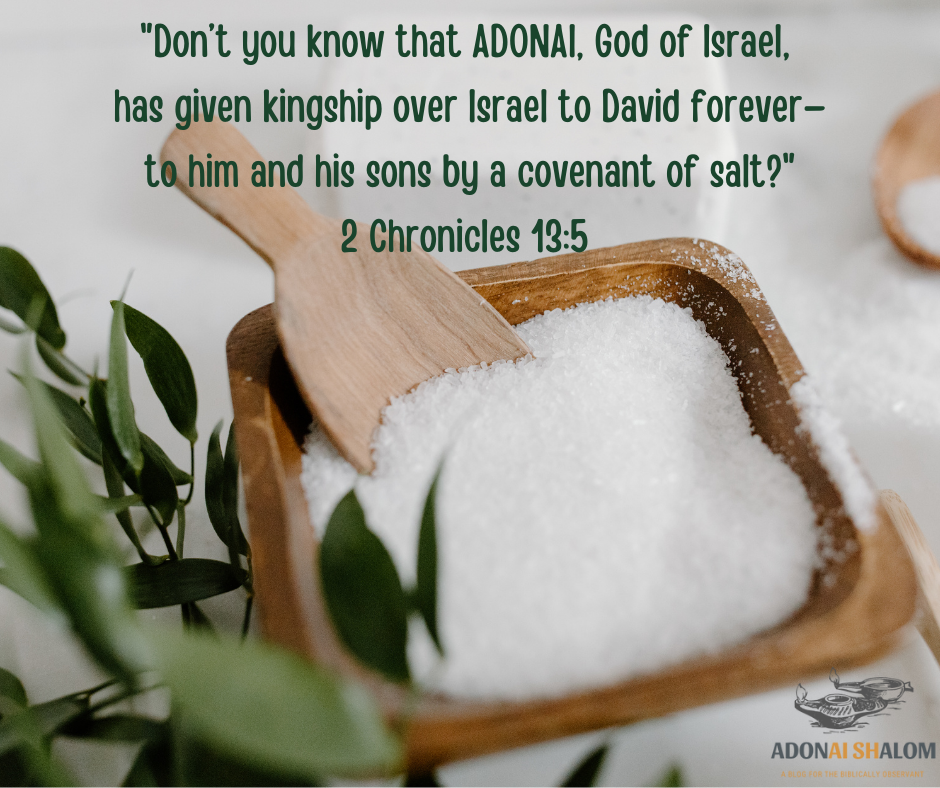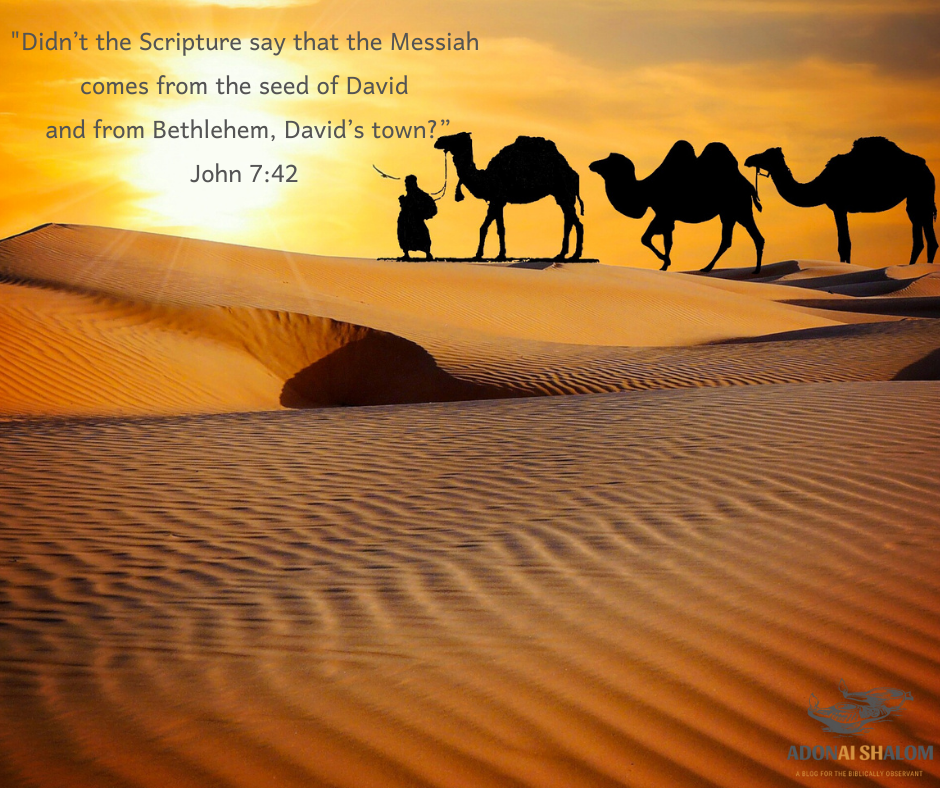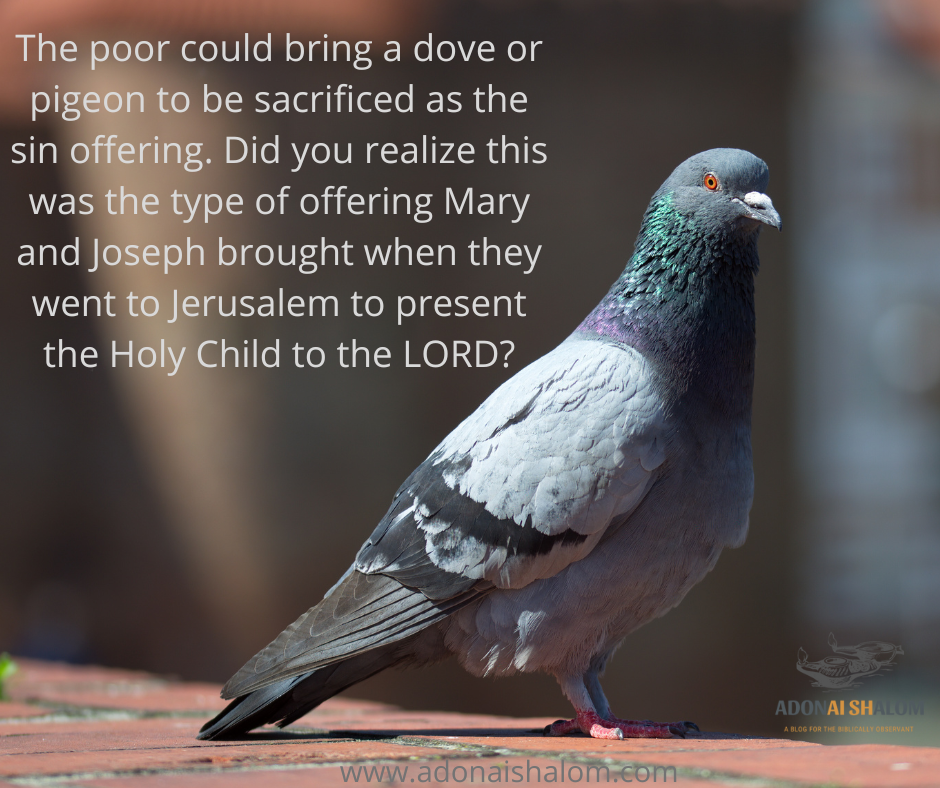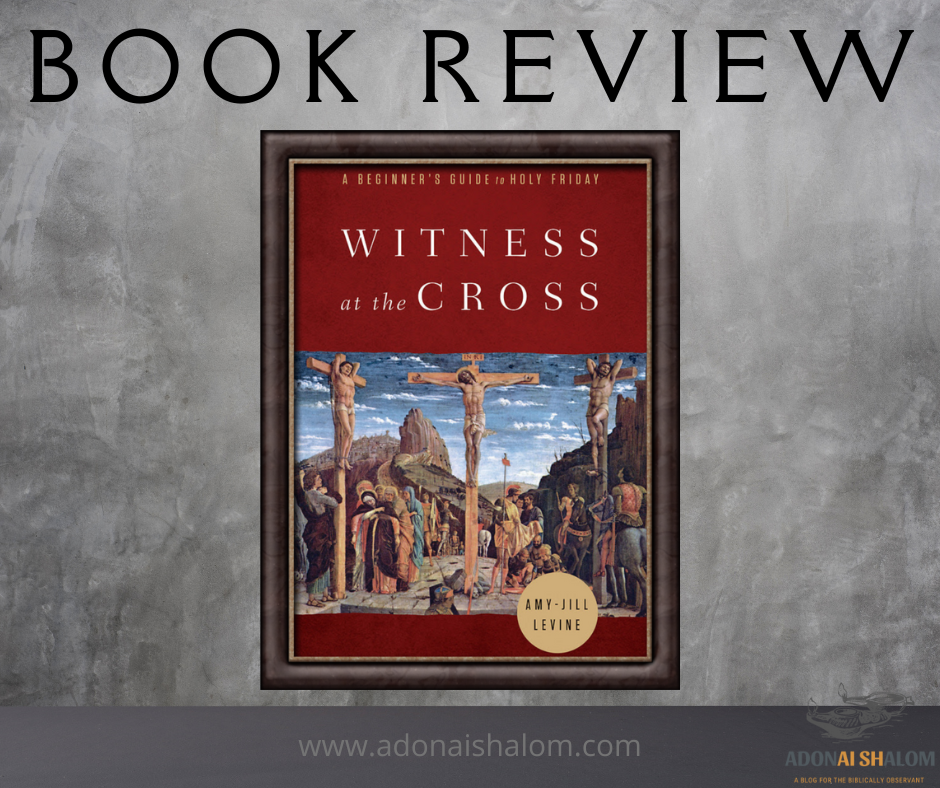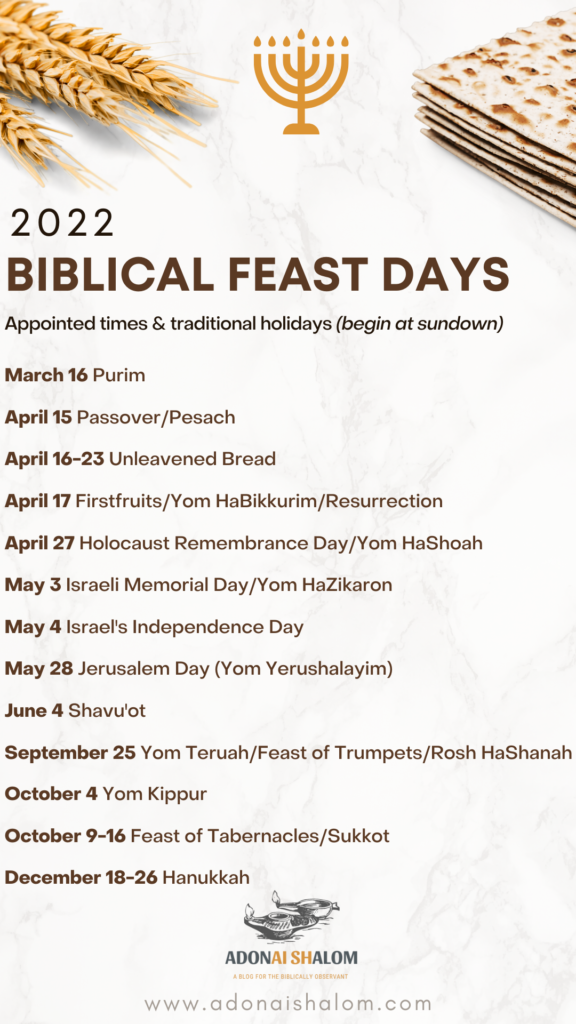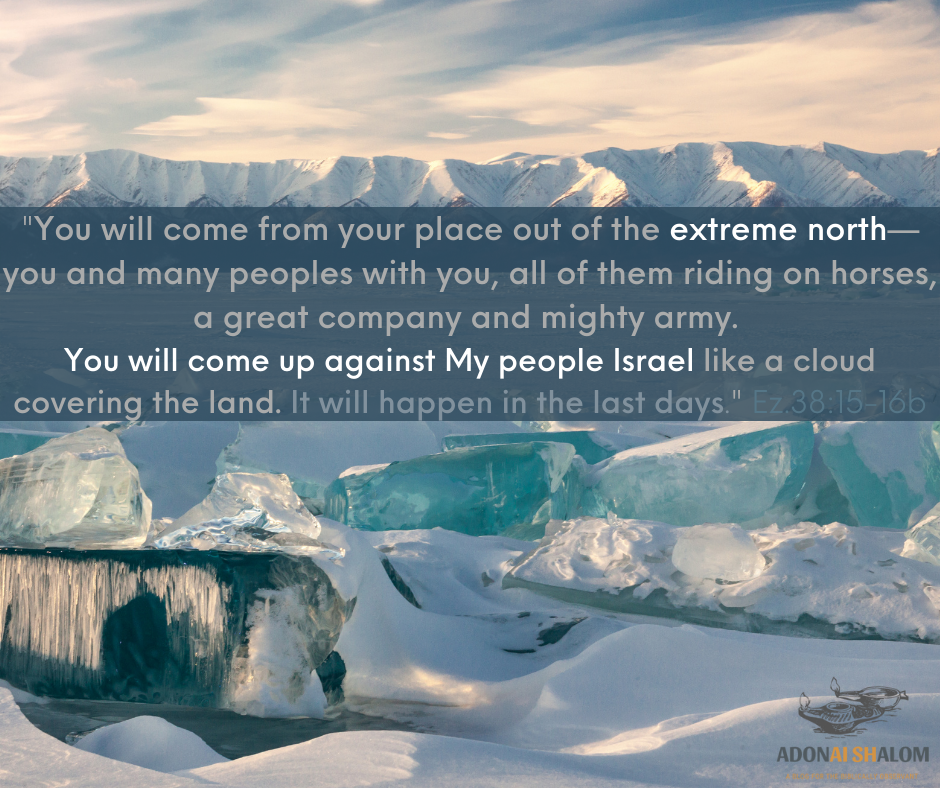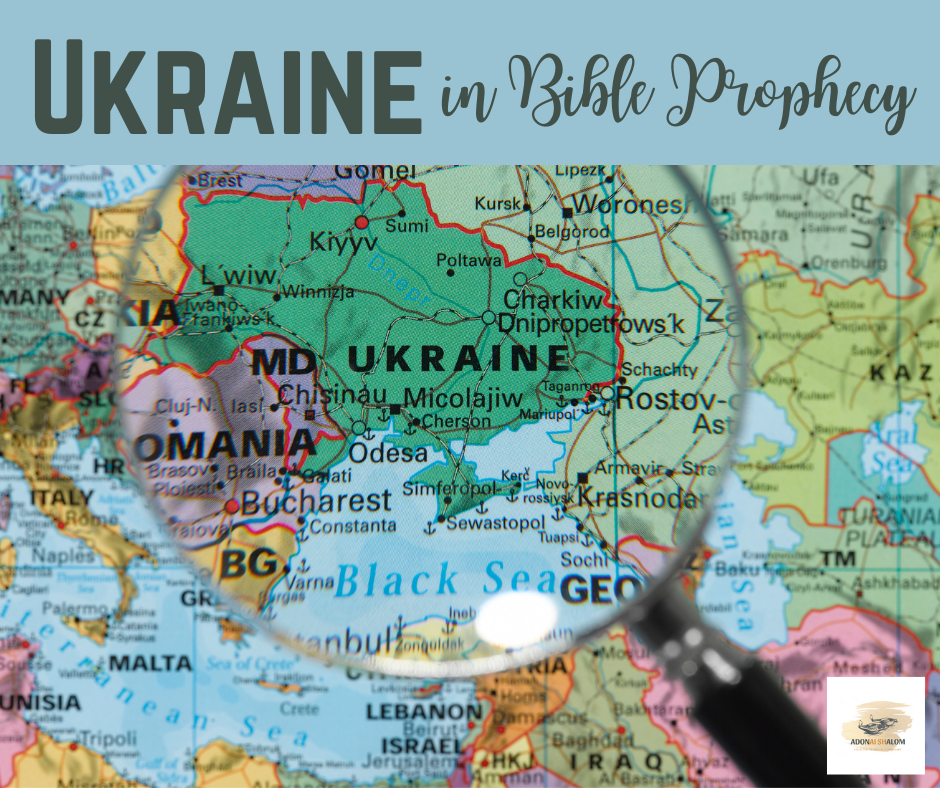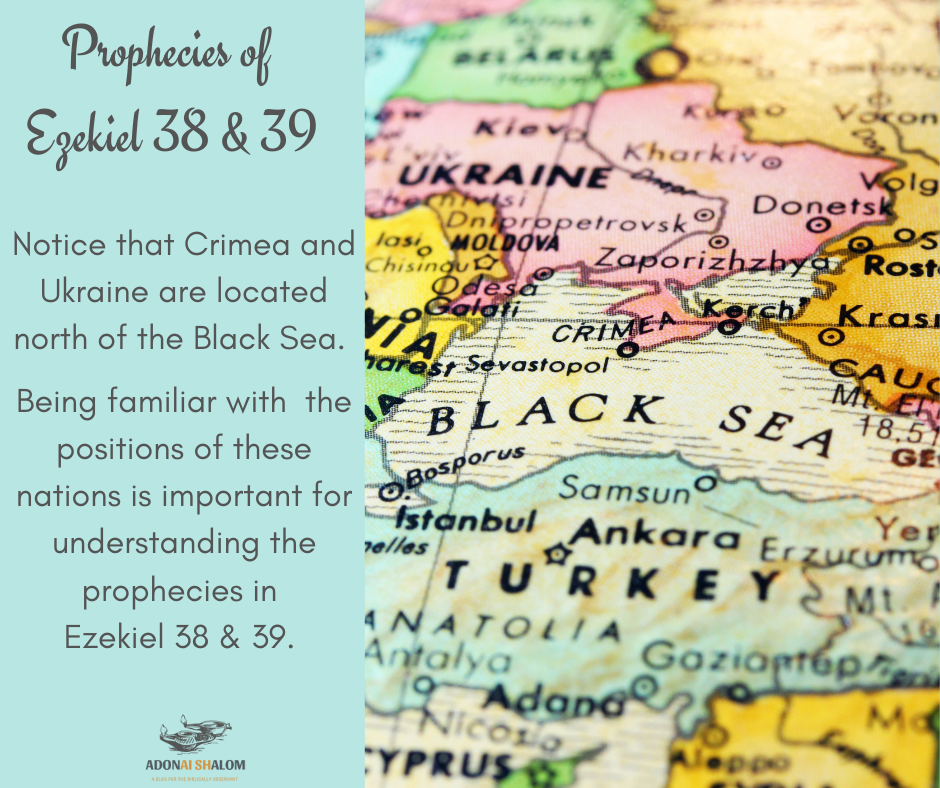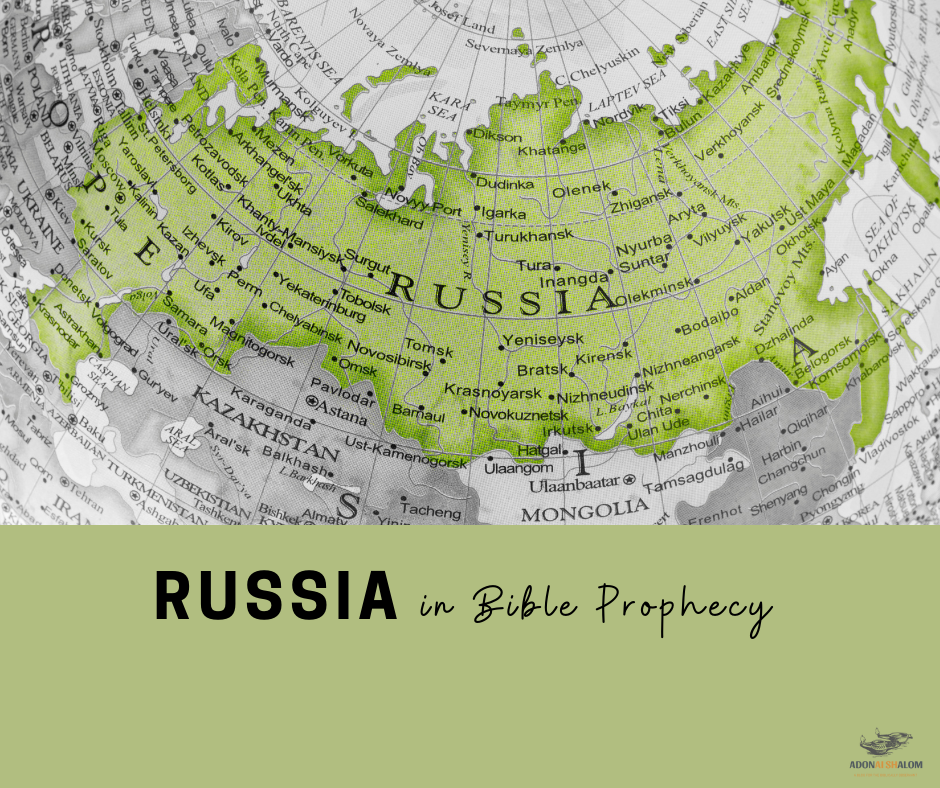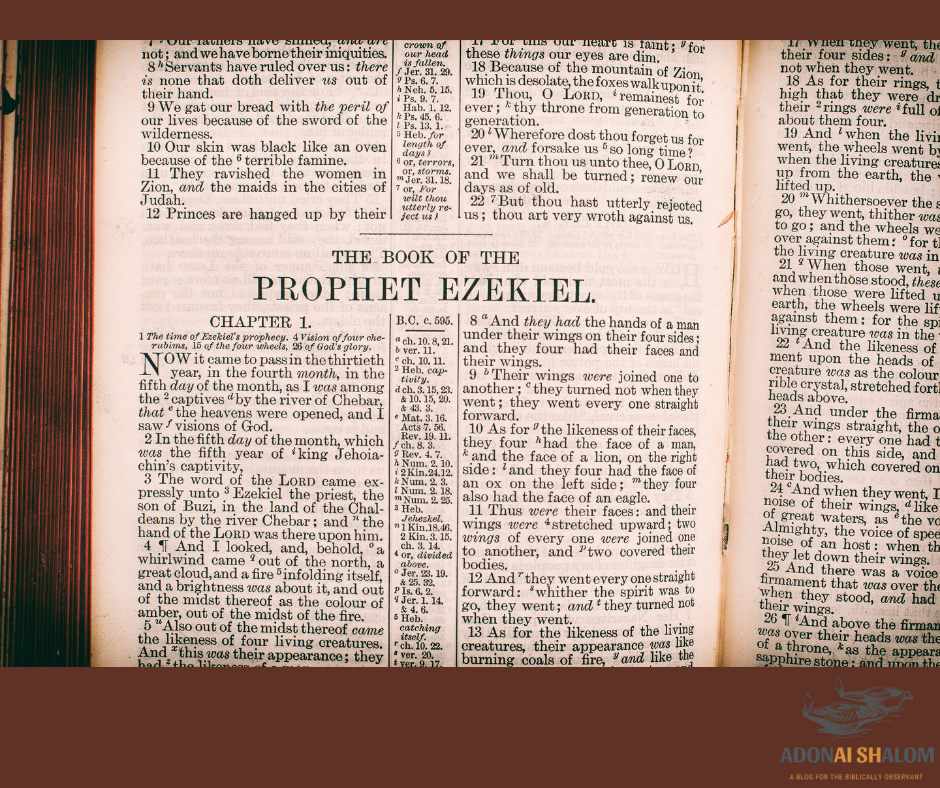A cure changes everything
Parashats Tazria-Metzora (V’Yikra/Leviticus 12-15) 5782 B’H
This article contains a few links to related books you may be interested in. I do want to disclose that I am an Amazon affiliate which means I would earn a little from your purchase, but it won’t cost you extra.
The pandemic has actually helped us be able to understand Leviticus 13 better
Any time there is an incurable and highly contagious disease, protocols must be kept to prevent the spread of disease.
God commanded Israel to develop quarantining and cleanliness practices well before scientists figured it out.
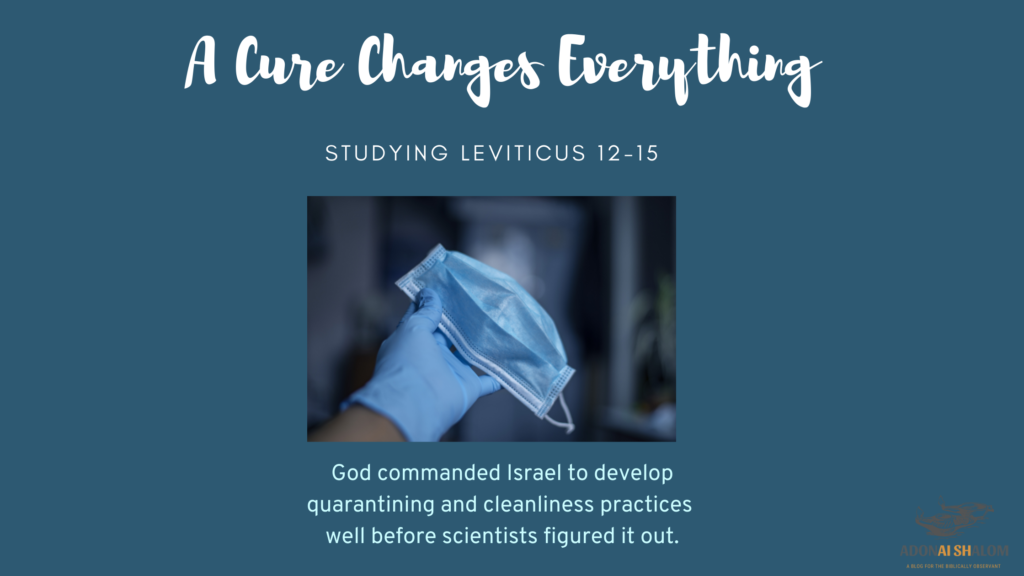
Prior to the pandemic, few of us had ever experienced quarantine. We would hear about travel quarantines from time to time, but all in all it was difficult to relate to and understand the isolation and quarantines described in Scriptural passages like Leviticus 13.
According to Leviticus 13, when someone had symptoms of a contagious skin disease, they were subjected to a 14-day quarantine (with examinations each week).
It had to be clear that the individual who had tested positive was not a threat to the rest of the community.
This became standard practice that we see evidence of still today. Hospitals didn’t invent these rules, the LORD did!
Sickness & Loss of Identity
Leprosy used to be one of those diseases that resulted not only in quarantine but in complete ostracization. Sadly, the leper’s affliction became his or her identity.

Covid-19 started out that way. You were either Covid-positive or Covid-negative. It didn’t matter who you were. You would be alone. Sad. Afraid. Isolated.
God-given knowledge and medical breakthroughs bring hope
During the pandemic, I read a book to my children called The Polio Pioneer by Linda Elovitz Marshall. It explains the incredible achievement of Jewish research doctor Dr.Jonas Salk who invented the polio vaccine in 1952.
When medical breakthroughs occur, everything changes. Suddenly, there’s hope and the disease doesn’t have to define people anymore.
That’s miraculous!
What I have personally found exasperating throughout the Covid-19 pandemic were the number of people who refused to wear a mask or support vaccination research. Medical breakthroughs like vaccines have saved so many lives in so many nations! Polio is such a great example. According to that children’s book, our grandparents couldn’t swim in public swimming pools for fear of getting debilitating polio! Our generation never had to worry about getting that disease.
If we pray that our Great Physician will inspire and lead the hearts and hands of doctors and bring healing and wholeness, shouldn’t we have rejoiced at the God-given knowledge researchers had to make a Covid-19 vaccine possible?
Honestly, Covid should never have become political. For believers, if we truly love our neighbors as we love ourselves, we can put on a mask for a few weeks. That mask doesn’t rob us of our identity the way the disease itself can.
Many Christians in the United States were adamantly against the quarantines and health mandates while Christians in other countries supported and insisted upon their use. None of us like governmental overreach, so perhaps some of the “mandates” in the US went too far, but if we are true believers trusting in the LORD not in man, we should not jump so quickly to conclusions that the public health policies were intended to restrict our freedoms so much as they were legitimately trying their best to protect the vulnerable from a deadly pandemic.
We need to give one another grace.
And the Bible sets a precedent for protecting a community from sickness and plague.

We learn the rules and the mandates in Leviticus 13. Though grace is present even in Torah (aka the Pentateuch), it is more obvious for us to understand it through Messiah Yeshua’s (Jesus’) teachings and actions.
We live in a sin-sick world. The consequence of sin is death.
“For sin’s payment is death, but God’s gracious gift is eternal life in Messiah Yeshua our Lord.” Romans 6:23 (TLV)
Stated differently,
The problem is, sickness is associated with sin.
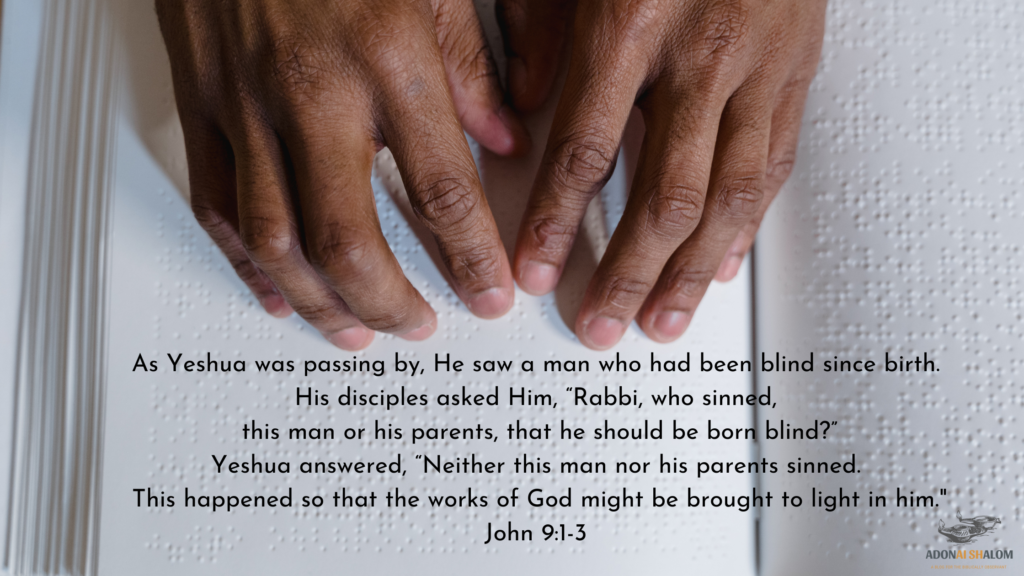
Miryam’s leprosy was a punishment for her sin of speaking against Moshe (Moses). Often times, our spiritual condition does end up reflected in our physical health.
But not every sickness is directly related to a specific sin like Miryam’s.
The disciples didn’t understand that, though, which is why they (as was customary) assumed the blind man (or his parents) had committed a sin which directly caused his blindness.
I know many a hurt believer who has been told they “must’ve sinned.” Supposedly that’s why they are dealing with a difficult diagnosis.
It’s not quite that simple. Our Savior Yeshua (Jesus) demonstrated that in His response to the disciples: neither the man nor his parents had sinned. The man’s condition was permitted so that God could be glorified through him.
Surely you know a faithful believer who has struggled through terrible illness. While we cannot always comprehend it, oftentimes it is so that God can be glorified.
There is sickness in this fallen world and it can affect anyone. We must rely on the LORD to help us through.
We are in need of a cure.
There is one cure you need to know about
On this earth, in this life, there may never be the one cure you or a loved one desperately needs, at the time in which it is needed.
The disease might not respond to treatment, or the injury might be too severe. The illness might be too advanced or the trauma just too damaging.
But if your heart is hurt and in need of mending, I assure you there is a cure.
It might not seem so instantaneous as we might like, but I assure you, it is one hundred percent effective.
The cure is this: putting your trust, your faith, and all your hope in the Messiah, the Savior of all mankind – the One who was and who is and who is to come, Yeshua, Jesus the Christ.
Because He is the cure.
Messiah Yeshua (Jesus) is the cure
He is God’s Son and He died on the cross to repair all the damage that had been done by sin. He took all the fallenness, all the sinfulness, all the destruction, all the diseases, all the afflictions, every single problem upon Himself. He was nailed to that wooden cross along with all the guilt, all the pain, all the grief, all the sorrow that this world contains to lift it up off of you. He bore our iniquities. He was wounded for our transgressions. All the debts, all the terror, all the war, all the rage. All the loneliness. He absorbed it all.
Death thought it had its victory.
As the body of the LORD hung in what appeared to be final surrender, the devil smirked. The physical damage was done. Yeshua’s (Jesus’) body hung as blood gushed out from him. His body bruised and beaten, seemingly no match for hope. Where was the cure now? Where was the victory? Could the battle be won?
Absolutely. He won the victory. Death couldn’t hold Him down. He rose again in victory, resurrected in power!

You see, He Himself is the cure. The cure for all of humanities ailments. The cure for lost identities and the cure for the darkest depression.
His blood washed the earth anew. The blood of the perfect, spotless Lamb had been sacrificed on the biggest altar ever known.
So now there is hope for you and me.
The Bible says that by His wounds, you have been healed. The crucifixion, death, and resurrection of the Messiah was prophesied at least seven hundred years earlier:
If you are in need of any type of healing, turn your heart and your prayers to the Lamb of God who takes away the sin of the world. He has made a way for hope to reign and the possibilities of innumerable healing miracles and restoration.
Don’t be defined by your pain.
Or your diagnosis.
Don’t allow the devil to rob you of your joy.
If you are a child of the King, a child of God, you were bought for a price and no one can take your future away from you.
The Son of God has made a way:
That cure changes everything.
Have you put all of your trust in the Savior? Do you have a true relationship with your Heavenly Father and with His Son, the Messiah, Yeshua haMaschiah (Jesus the Christ)? Are you in need of healing? Wholeness? Peace? Do you need His comfort? The Holy Spirit comforts us in our times of need. Please, leave a comment with your thoughts and we would love the opportunity to pray for you. Please consider subscribing as well so you can stay up-to-date on our latest Bible studies and teachings. During this season of the Spring Feasts when we focus even more on the resurrection victory, I invite you to check out this free PDF of the Biblical Feast Days and other important holidays that you might like to print out and keep with your calendar or on your refrigerator!

